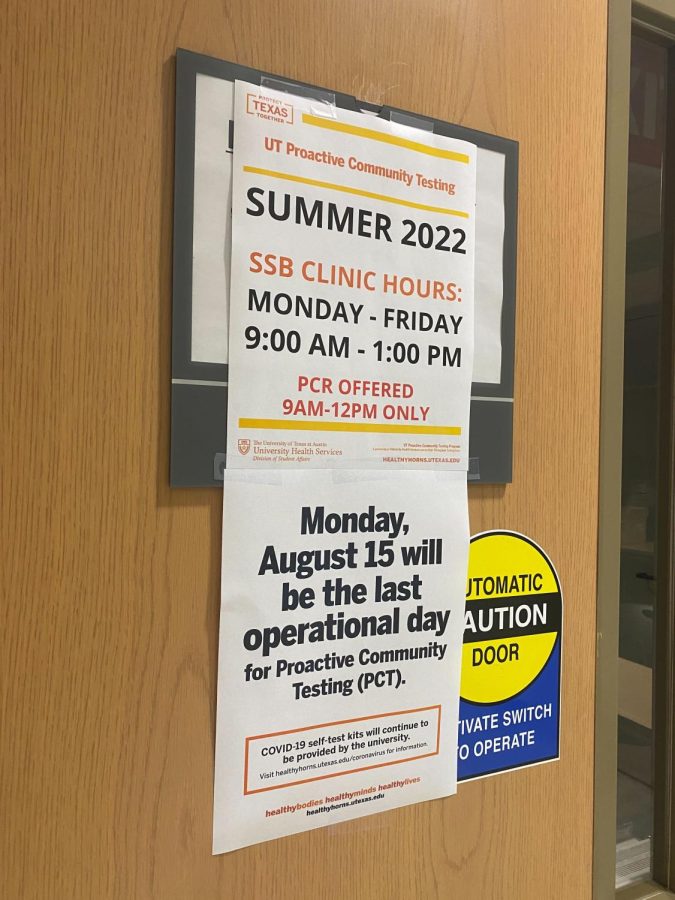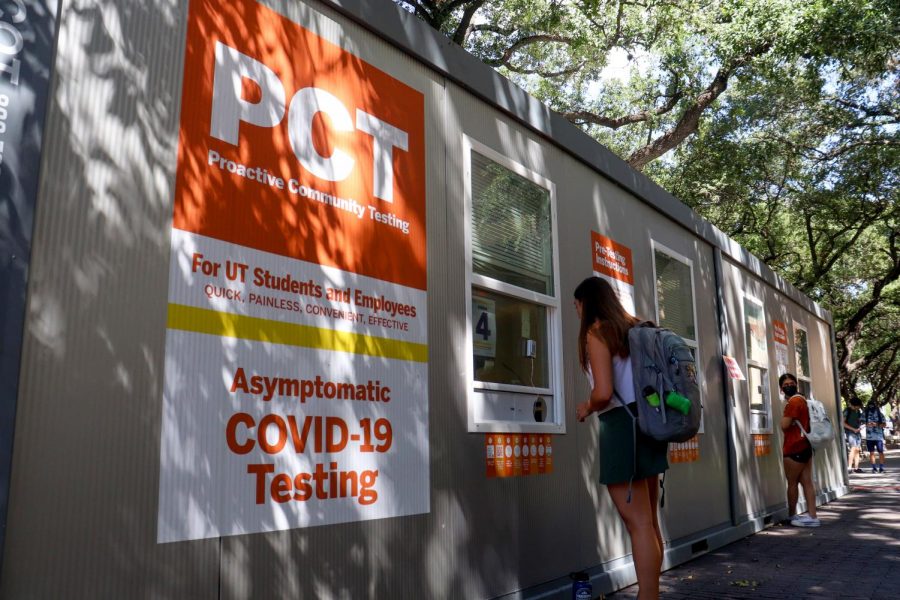The reading assessment scores of 4th and 8th graders decreased after the COVID-19 pandemic due to school closures and remote learning, according to a study published by UT researchers last month.
Tim Andress, a doctoral student in the Department of Special Education, said the team compared data from the 2019 and 2022 National Assessment of Education Progress (NAEP) reading assessments for 4th and 8th graders.
The researchers looked at the composite reading scores for students with and without disabilities and did a gap analysis between the students to understand the differences in reading achievement. In the context of the NAEP assessment, students with individualized education programs (IEPs) were classified as students with disabilities.
“With this study, we want to highlight the imperative need for intensified individualized intervention for students with disabilities,” said Eleni Chatzoglou, the paper’s lead author. “(We aimed) not only to address the pandemic learning losses, but also to bridge the long-lasting achievement gap that exists between students with and without disabilities.”
Andress said both sets of students demonstrated statistically significant lower reading proficiency following the pandemic at a national level, and students without disabilities experienced a greater learning loss than their peers who do have disabilities. He said this could mean the instruction students receive in the typical in-person setting is more effective for students who do not have disabilities than it is for those who do have disabilities.
The team hopes their research will be used to improve education policies, Chatzoglou said.
“Understanding the impact (of the pandemic) is essential in order to inform our educational policies and practices after the pandemic in order to ensure appropriate support and remedies for students with and without disabilities,” Chatzoglou said.
Using evidence-based teaching techniques is important for improving students’ reading scores post-pandemic, Andress said.
“Since there was a significant loss in reading achievement across grade levels, it’s really important that we spend the limited time that we have with students using instructional practices that have been demonstrated to be effective,” Andress said.
Andress said teachers can do this by building students’ background knowledge of words and vocabulary.
“As educators, it’s always good to think about the future and to think about students as not only current children but future adults and people who will contribute to society and participate in tasks that generally require a mastery of reading skills,” Andress said.





















